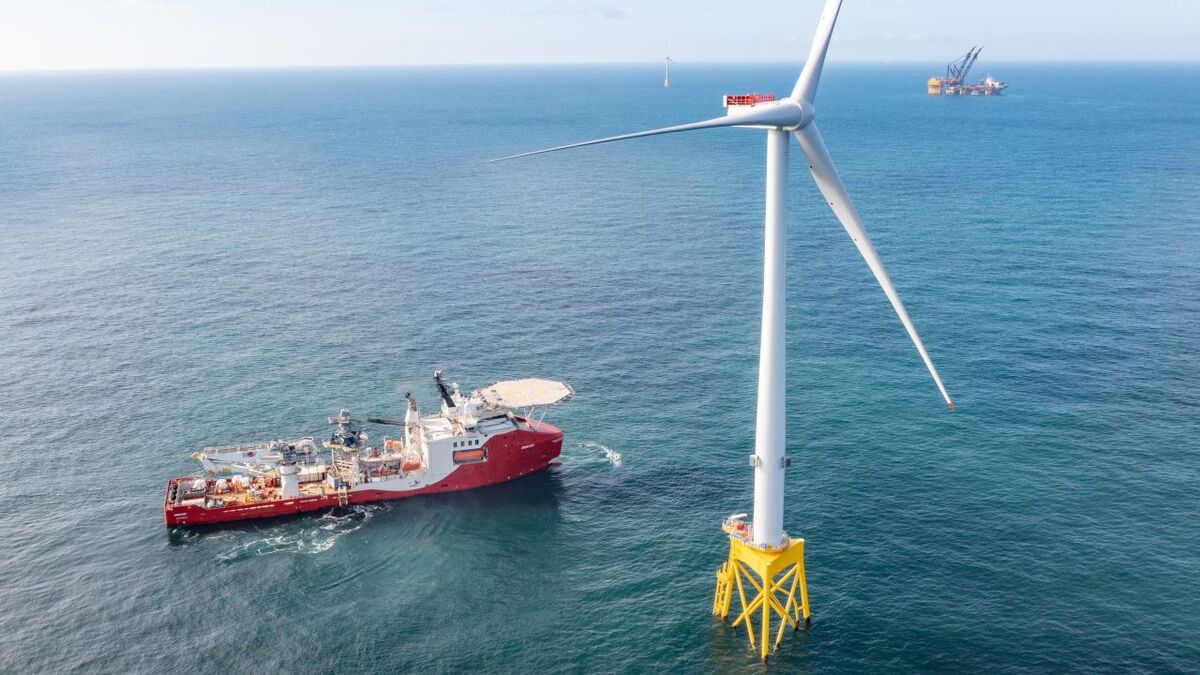Finnish shipping company, Wasaline, has announced its plans to upgrade the battery system on its hybrid ferry, Aurora Botnia.
The company plans to install a new 10.4 megawatt-hour (MWh) battery system by autumn 2025, which will be the largest battery retrofit ever done on a vessel.
The upgraded system is expected to reduce greenhouse gas emissions by 23% and cut fossil fuel use by around 10,000 MWh each year.
The new battery system will be supplied by AYK Energy and is set to be operational by January 2026. It will use lithium iron phosphate (LFP) technology, known for being safe, efficient and long-lasting.
Aurora Botnia already has a 2.2 MWh battery system, and with the new upgrade, the ferry will be able to use electric power more frequently, further reducing its reliance on fossil fuels.
Wasaline’s managing director, Peter Ståhlberg, said that this upgrade will help the ship rely more on clean energy. He added that the need for green transport is growing and pointed to a steady increase in intermodal freight volumes from mainland Europe.
Ståhlberg stated that the project shows the value of working closely with regional energy partners and research organisations.
AYK Energy’s founder and president, Chris Kruger, said his company is proud to be chosen for this large-scale project. He said that being selected again as a supplier proves their ability to deliver safe and affordable battery systems.
Kruger also highlighted that more shipowners are turning to hybrid and electric vessels, and this project is a good example of how cooperation can support cleaner shipping.
Aurora Botnia has been designed keeping the environment in mind from the beginning. The ferry, built by Rauma Marine Constructions, started sailing on August 28, 2021.
It currently runs on a mix of liquefied natural gas (LNG), biogas, and electricity through dual-fuel engines and features electric-powered Azimuth propulsion units.
The ship operates between Vaasa in Finland and Umeå in Sweden.
Wasaline offers options for passengers and freight customers to offset emissions, and the company has made continuous efforts to reduce its carbon footprint.
Since it began operations in January 2013 with the ferry Wasa Express, Wasaline has reduced emissions by 77% per trip. This achievement goes beyond the European Union’s target of reducing emissions by 55% by 2030 compared to 1990 levels.
Reference: Wasaline
Do you have info to share with us ? Suggest a correction






